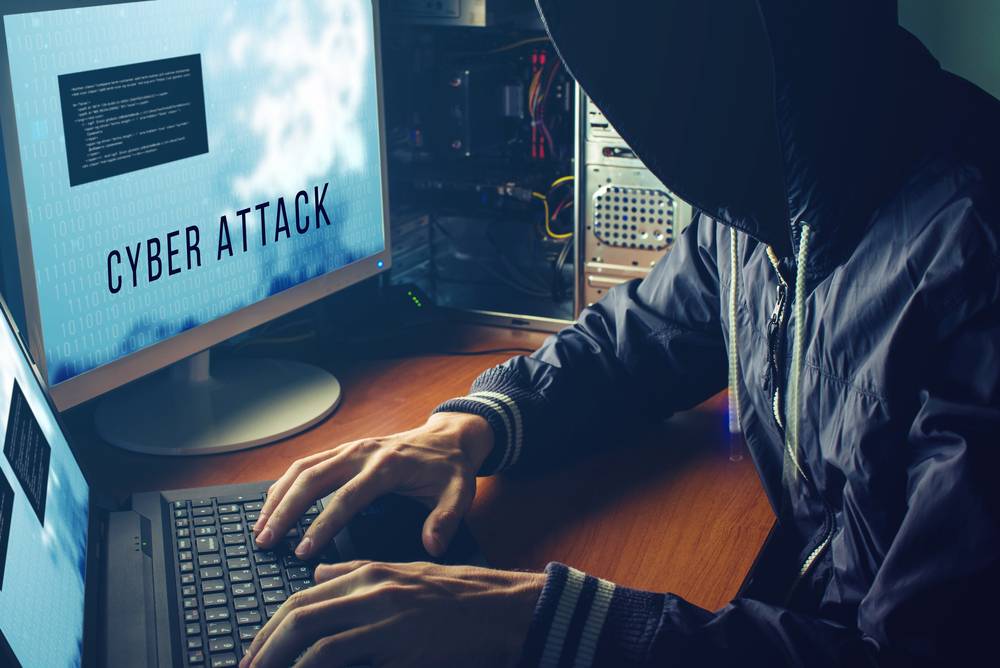Nearly 90 percent of worldwide organizations reported that they had experienced data breaches in 2020. Because the vast majority of these crimes are committed by individuals seeking financial gain, the most common targets tend to be the private information of organizations and individuals. Data breaches are not the only type of internet crime that someone can be charged with or convicted of. If you have been accused of committing internet crimes, read on for information about what they are, how they’re defended, and more.
What Are Internet Crimes?
Internet crimes, also known as cybercrimes, involve any type of illegal activity occurring on the internet. Internet crimes generally fall in one of three categories:
- Crimes against people: Cyberstalking, identity theft, or online harassment.
- Crimes against property: Damage to servers or computers resulting from hacking, transmitting viruses, or copyright infringement.
- Crimes against the government: Online piracy, cyberterrorism, or the hacking of personal information about an elected official.
Internet crimes are slightly different than other types of crimes, as the internet falls under the jurisdiction of the Federal Communications Commission and crimes committed on the internet are considered to be federal crimes. However, the federal government generally only steps in for cases involving a high number of victims, victims who are children such as those that would be involved in a internet crime such as child pornography or solicitation of a minor, or the crime featured a substantial financial loss.
Examples of Internet Crimes
Some of the types of internet crimes that can result in a criminal charge, and, upon conviction, can lead to financial penalties and other consequences including incarceration are:
- Hacking: Illegal access to data stored in a system or on a computer.
- Fraud: Committed when internet services or software is used for the purpose of taking financial advantage of others.
- Identity theft: Occurs when someone uses the identifying information of another person, such as their name, social security number, or credit card number.
- Phishing: Activities such as sending emails in which the offender purports to be a legitimate business, in order to get the victim to reveal personal information such as their bank account or credit card information.
- Cyberattacks: An assault which is waged through the use of a computer network, infrastructure, or personal device in order to gain control of the network or to cause it to fail.
- Unlawfully altering computer data: Illegally accessing a computer system or network in order to change or destroy information.
- Cyberstalking, harassment, and bullying: Involves the use of the internet to stalk, harass, or intimidate someone.
- Child pornography: Involving the purchase, sale, or display of pornography involving a subject under the age of 18.
- Solicitation of minors: Using the internet to groom minors and proposition them for sexual activity.
- Money laundering: Recruiting “money mules” who transfer money that was illegally acquired on behalf of someone else.
- Password trafficking: When someone shares, sells, or buys stolen passwords.
- Information theft: Obtaining someone’s personal identifying information in order to use their identity to commit fraud.
How Internet Crimes Are Defended
There are a number of legal defense strategies that attorneys use to defend someone who has been accused of committing an internet crime. These strategies include:
- You were wrongfully accused: If you’ve been wrongfully accused of an internet crime, it is important to speak with an experienced criminal defense attorney. Doing so doesn’t mean you’re guilty, it means you’re taking steps to protect the damage that a wrongful conviction would do to your reputation.
- You were an unknowing participant: Many individuals who have been accused or even convicted of an internet crime did not know that they were participating in a crime.
- You were a victim of entrapment: It is not permissible for an investigative team to lure or coerce an individual into committing an illegal activity on the internet.
- You were a victim of mistaken identity: Clerical errors pertaining to your personal identifying information or even a stolen identity that they were unaware of can result in an individual being accused of a crime they did not commit.
- The evidence that is being used against you was obtained illegally: There are procedural rules as to how evidence is to be collected. If your rights were violated by the collection of this evidence — including your right against illegal search and seizure — your case can be dismissed.
If You Have Been Accused of an Internet Crime
If you have been accused of an internet crime, one of the most important actions you can take is to hire an experienced criminal defense attorney to assist you in defending yourself against the charge. Some of the services criminal defense attorneys provide to clients who have been accused of internet crimes include:
- Protecting the defendant’s Constitutional rights during the investigative process.
- Revealing evidence that shows that the defendant has been wrongfully accused as a result of a mistaken identity.
- Showing how the defendant’s actions were forced or coerced through entrapment by the investigative team.
- Negotiating a plea deal through which the defendant can face lesser penalties and consequences by pleading guilty to a lesser crime.
The best time to hire an attorney is as soon as an arrest or accusation has been made, as this provides your attorney with the ability to protect your rights through the entire criminal investigatory process as well as providing ample time to gather evidence that will help prove your innocence in court.
The Team at CJB Law Can Help
Being accused of an internet crime is a serious situation requiring serious legal representation. For information and guidance about the criminal process and the services we can provide to assist you with your defense, contact us for a consultation.

